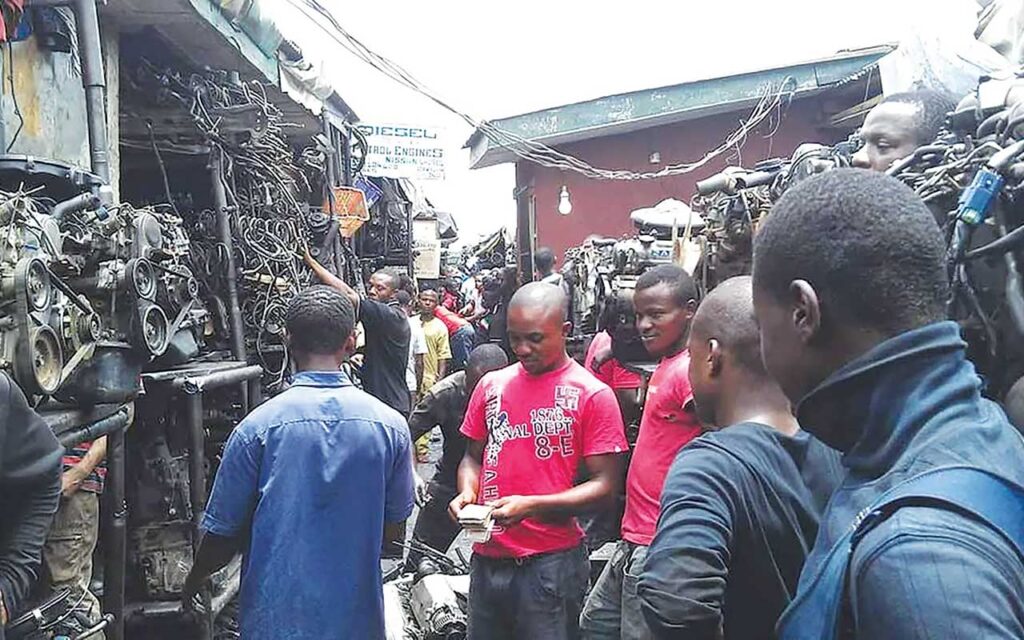The Federal Government is seeking a $500 million loan from the World Bank to enhance rural road infrastructure and agricultural marketing across the federation.
The international lender said the fund was expected to address the dire need for better connectivity in rural Nigeria, where 92 million people currently lack access to good roads.
This request was contained in the final draft of the Resettlement Policy Framework for the Nigeria Rural Access and Agricultural Marketing Project Scale-Up (RAAMP-SU) implemented by the Federal Ministry of Agriculture and Rural Development.
The RAAMP-SU project aims to improve rural access and climate resilience, thereby boosting agricultural potential and marketing prospects for agrarian communities.
This, in turn, will contribute to better livelihoods for the rural populace.
The project’s objectives include improving rural access and climate resilience of communities in served rural areas, strengthening institutional capacity for rural road network management and fortifying the financial and institutional foundations for sustainable management of both rural and state road networks.
The RAAMP-SU initiative is an extension of the earlier Rural Access and Agricultural Marketing Project, supported by the World Bank and the French Development Agency.
The project is led by the Federal Department of Rural Development within the Federal Ministry of Agriculture and Rural Development with oversight by the Federal Project Management Unit.
The policy document noted: “Nigeria’s road network is relatively extensive, encompassing approximately 194,000 kilometres of roads. This includes 34,000 kilometres of federal roads, 30,000 kilometres of state roads and 130,000 kilometres of registered rural roads.”
The road density equates to about 0.21 kilometres of roads per square kilometre, it was revealed.
“Despite this relatively high road density, the rural accessibility index for Nigeria (defined as the proportion of the rural population residing within two kilometres of an all-weather road) stands at a mere 25.5 per cent, resulting in approximately 92 million rural inhabitants lacking connectivity.
“Rural access is particularly restricted in areas densely populated by the economically disadvantaged,” the policy stated.
These factors underscore the imperative to expand and enhance the rural road network, as well as conserve rural road and transport assets.
“The RAAMP-SU’s funds will be allocated on a competitive basis between states factoring in a refined socioeconomic selection matrix to increase rural access to basic services and promote food security, activities readiness in terms of design and state’s demonstrated commitment in the projected infrastructure efficient maintenance, including potential co-financing from their resources.”
The policy framework stipulates that the implementation of resettlement and compensation plans is a prerequisite for project activities that cause resettlement.
Compensation and other assistance are expected to be provided before displacement, ensuring that necessary measures for resettlement and compensation are in place before any land acquisition or restriction of access.












